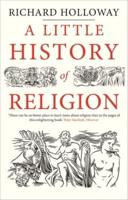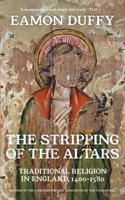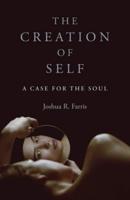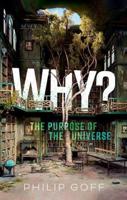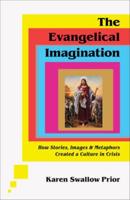Publisher's Synopsis
Though clergy are clearly important religious leaders within American society, their significance extends far beyond the church doors. Clergy are also important figures within American public life. They are so, in part, because houses of worship stand at the center of American civic life. Gathering to worship is a religious activity, but it is also an important public activity in that, beyond its religious qualities, congregational life brings together relatively diverse individuals for sustained periods of time, frequently on a fairly regular basis. Based on data gathered through national surveys of clergy across four mainline Protestant (the Disciples of Christ; the Presbyterian Church, USA; the Reformed Church in America; and the United Methodist Church) and three evangelical Protestant denominations (the Assemblies of God; the Christian Reformed Church; and, the Southern Baptist Convention), Pastors and Public Life examines the changing sociological, theological, and political characteristics of American Protestant clergy. In this book, Corwin E. Smidt examines what has changed and what has stayed the same with regard to the clergy's social composition, theological beliefs, and perspectives related to the public witness of the church within American society across three different points in time over the past twenty-plus years. Smidt focuses on the relationship between clergy and politics, particularly clergy positions on issues of American public policy, norms on what is appropriate for clergy to do politically, as well as the clergy's political cue-giving, their pronouncements on public policy, and political activism. Written in a manner that makes it accessible to pastors and church laity-yet of interest and value to scholars as well-Pastors and Public Life constitutes the first and only published study that systematically examines such changes and continuity over time.

